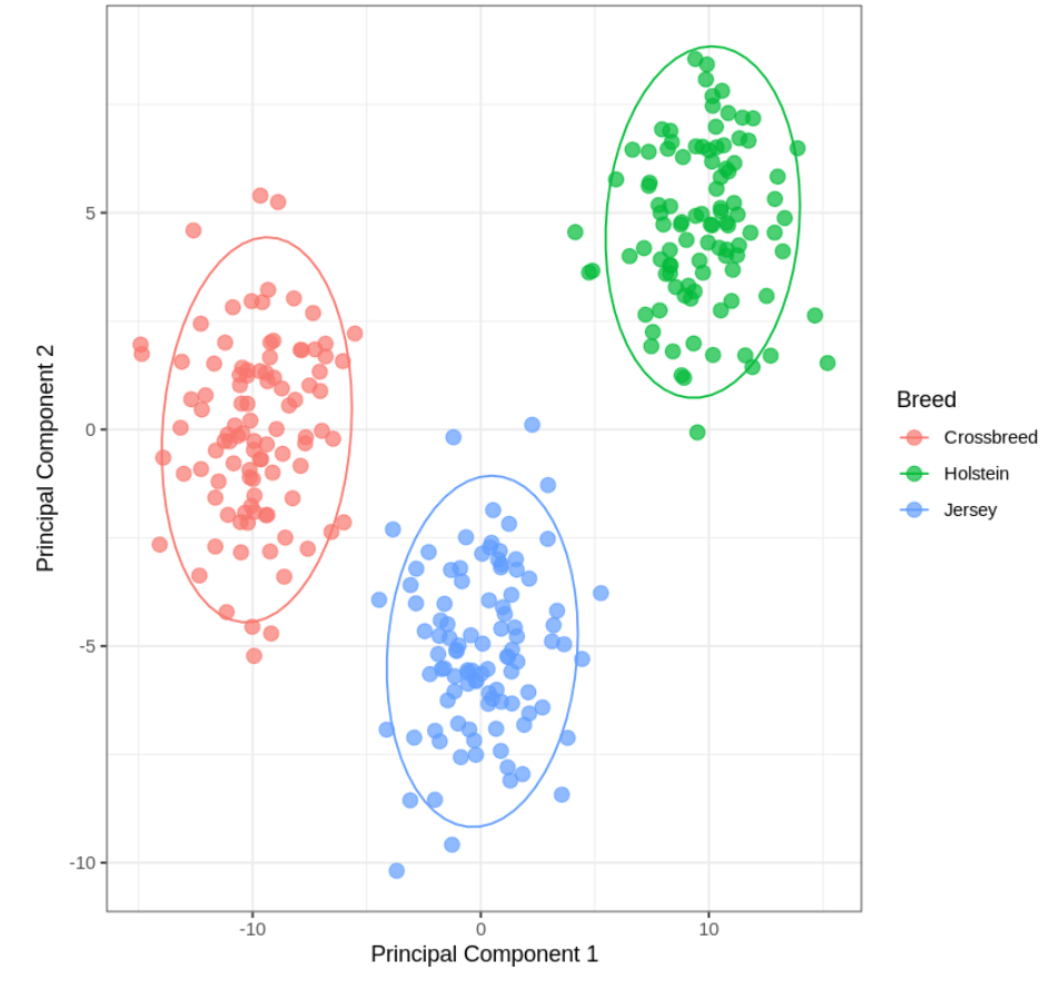Восхитительный Range Syntax в CSS

Помните сказку про мальчика, который кричал «волки»? Примерно так же в 2025 году случилось с «программированием на CSS». Вышла функция if(). Блогеры преждевременно хайпанули: всё, теперь у нас условия в CSS. Разработчики пошли читать спецификации, попробовали — и довольно быстро выяснилось, что внутри условного выражения style() возможностей почти нет. Многие разочаровались и похоронили идею.
В конце 2025 года Chrome выкатил революционный Range Syntax For Style Container Queries. Обновлённый style() научился сравнивать переменные между собой и поддерживать диапазонные выражения. Мы наконец‑то получили мощную условную логику в CSS, но мало кто это заметил.
В этой статье мы попытаемся реанимировать идею программирования на CSS. На примере интерфейсного паттерна — «выделение диапазона дат в календаре» — разберём, как обычная JS‑логика превращается в CSS‑логику (спойлер: очень просто).















